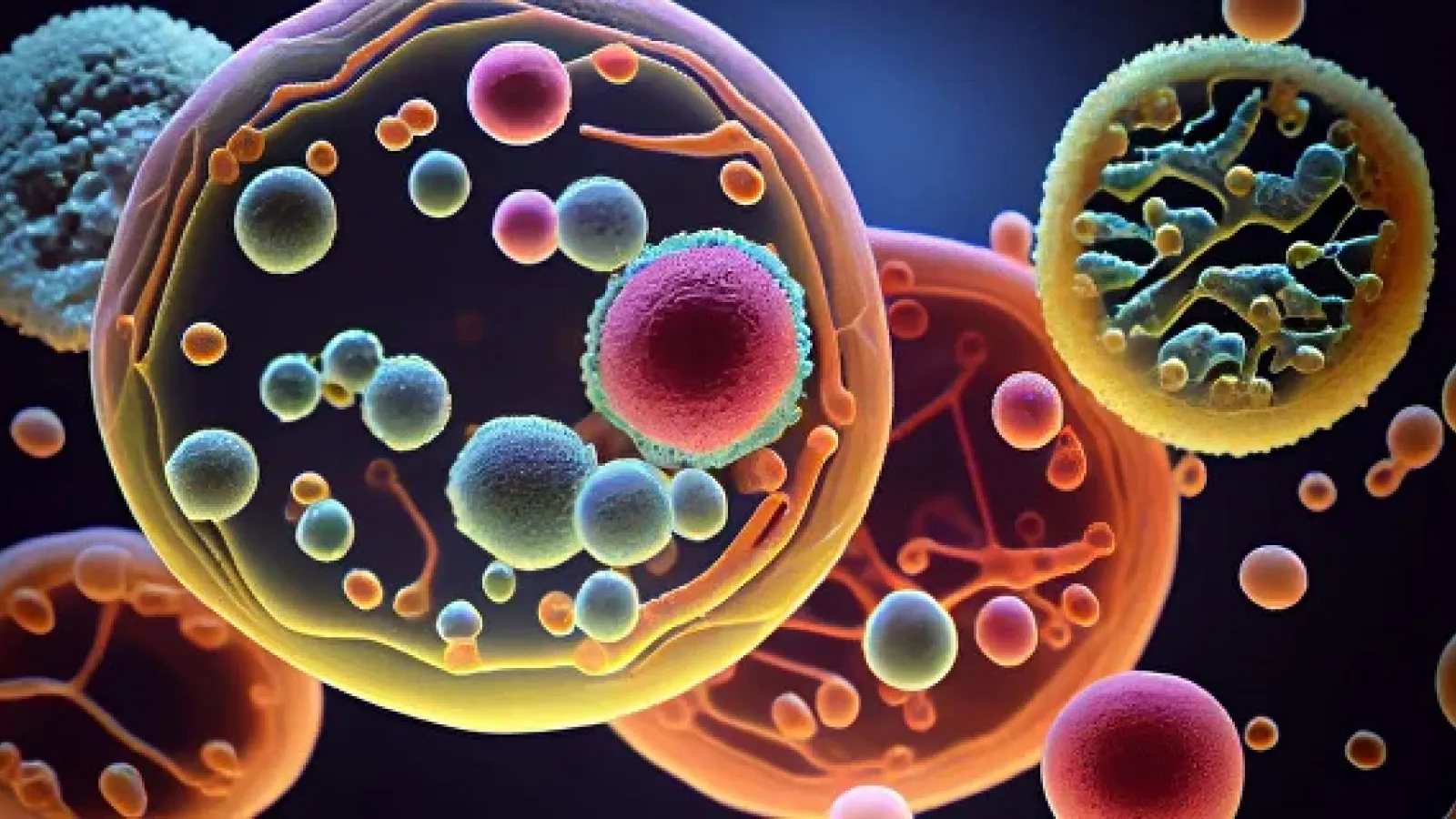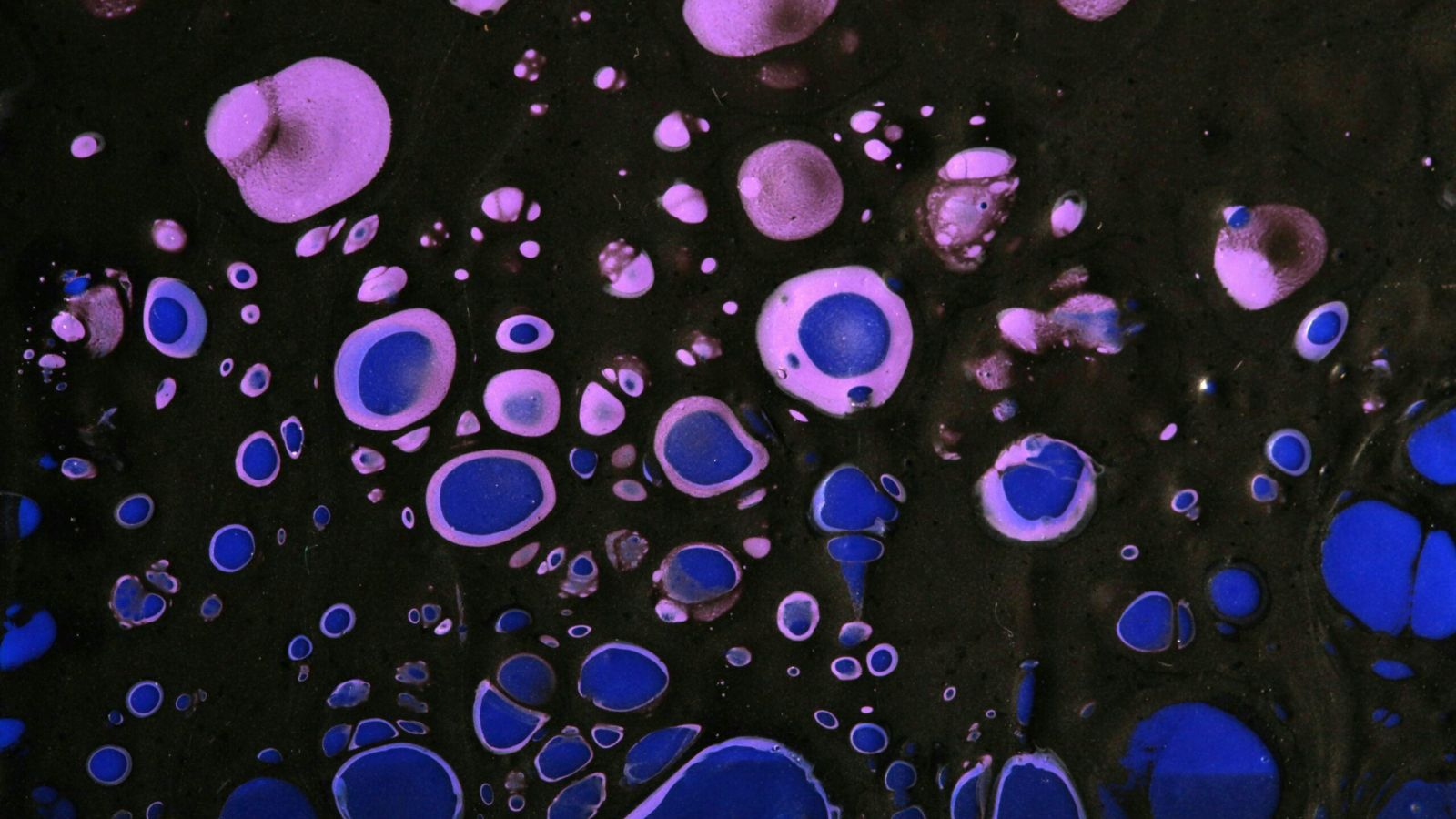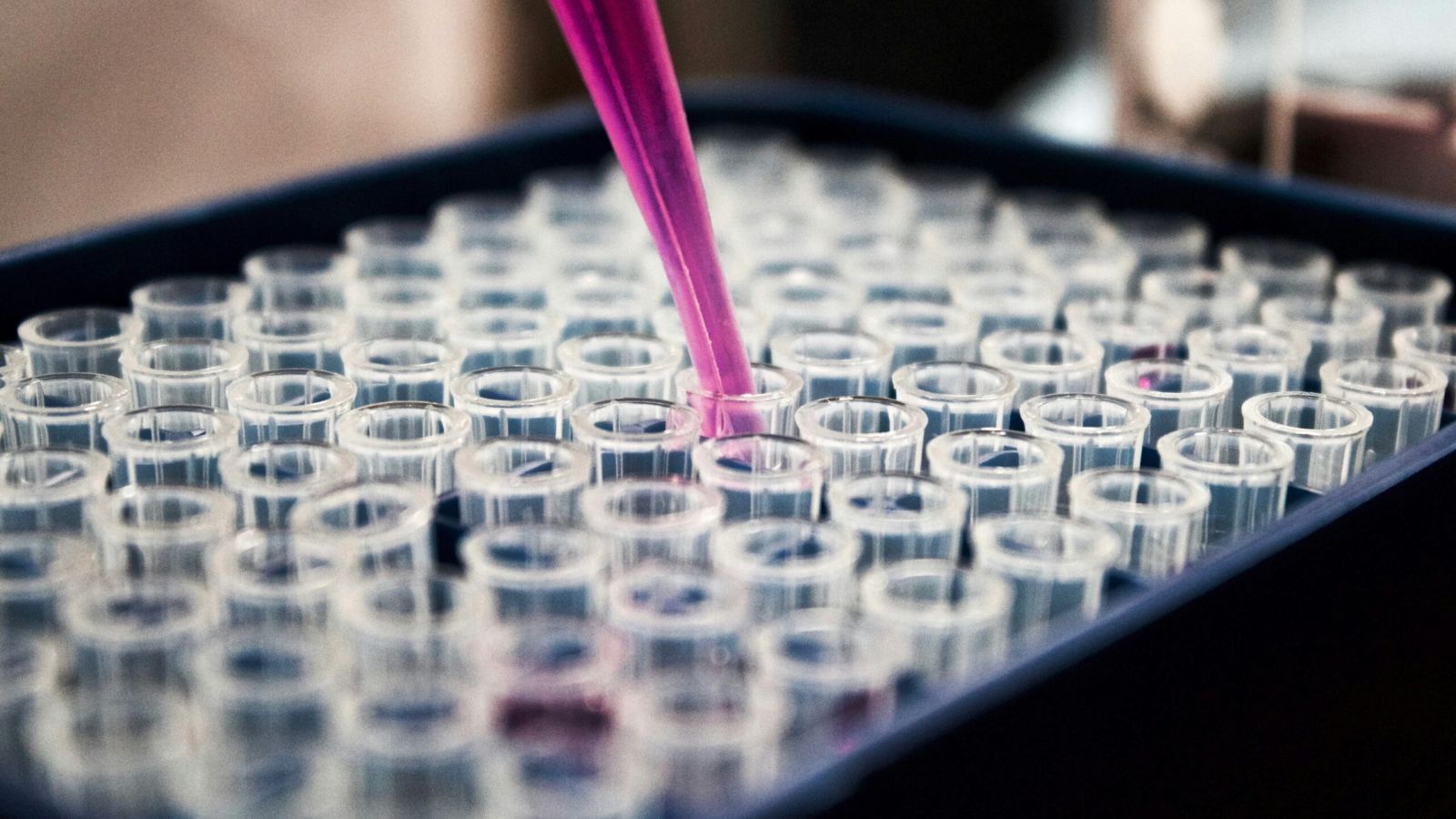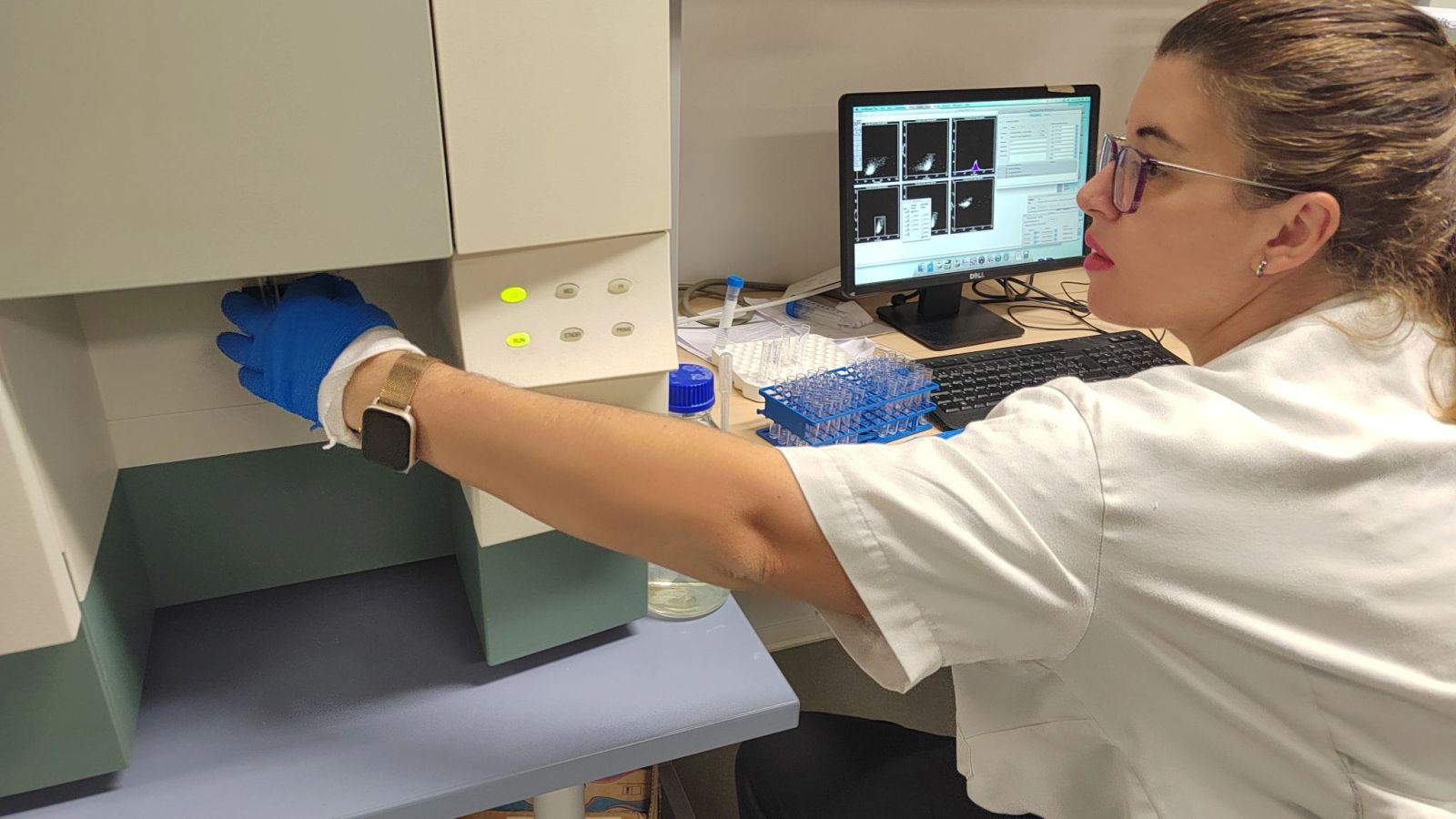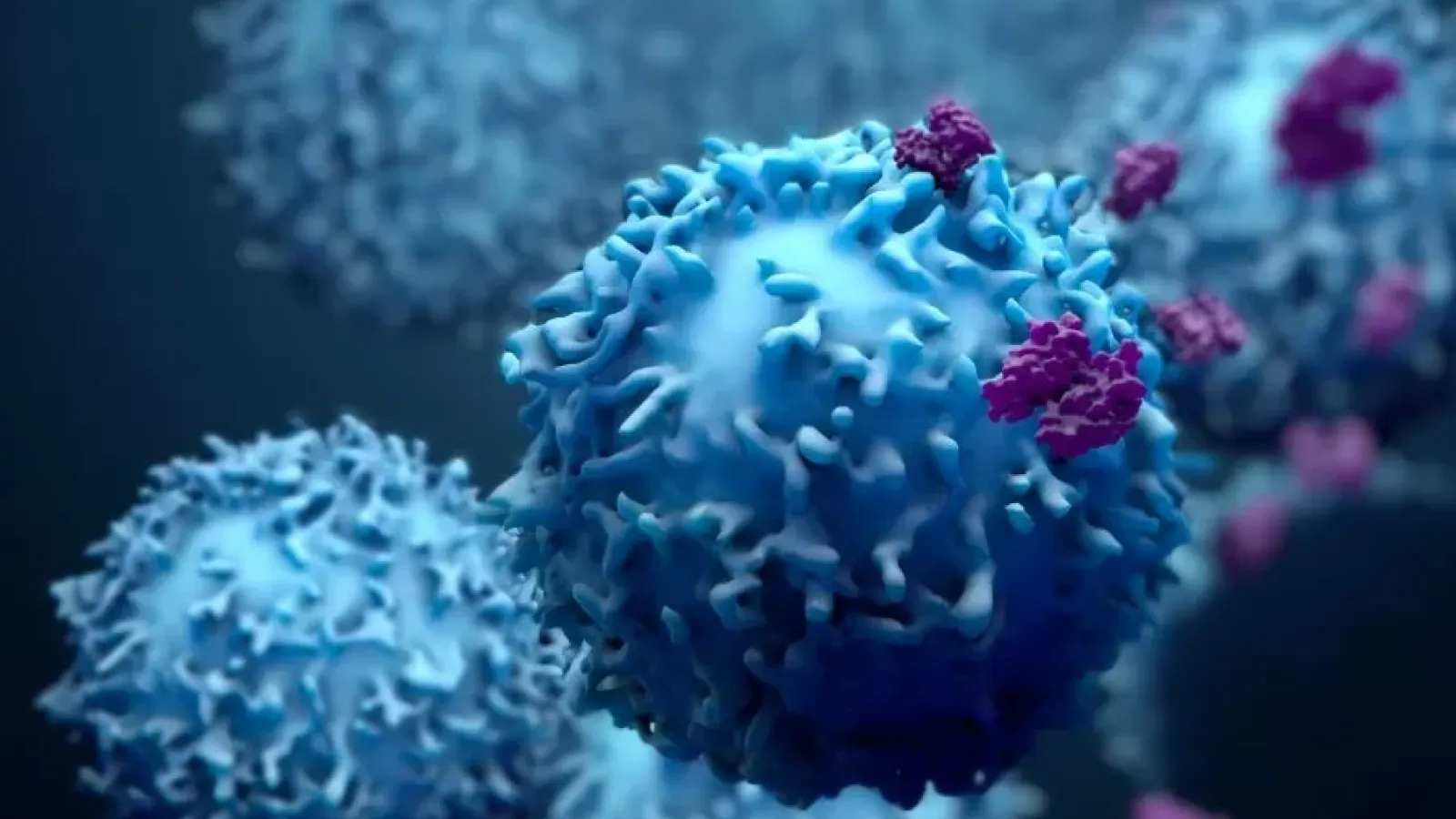In the field of extracellular vesicle (EV) biology, exosomes have become prominent players for their role as biomarker carriers in cancer, neurodegenerative diseases or advanced therapies. However,...
Flow cytometry and systemic lupus erythematosus: how cells tell the story of the disease
Systemic lupus erythematosus (SLE) is a complex, multisystemic, and highly heterogeneous autoimmune disease. Its diagnosis and clinical monitoring have traditionally been challenging due to the variability...
What your cells say about you (and you didn’t know): the diagnostic power of flow cytometry and exosomes
In the era of personalised medicine, the most valuable information is not always in an MRI, blood test or biopsy. Often, it lies deep within our cells, even before the disease manifests itself clinically.
Thanks...
NK cell immunotherapy and bispecific antibodies: new frontiers in cancer treatment
Immunotherapy has transformed cancer treatment in the last decade, especially thanks to immune checkpoint inhibitors such as anti-PD-1, anti-PD-L1 or anti-CTLA-4. However, not all patients respond,...
How European legislation affects the validation of diagnostic kits in research: the impact of the IVDR
Regulation (EU) 2017/746 on in vitro diagnostic medical devices (known as IVDR) represents a profound change in the regulation of the diagnostic sector in Europe. Replacing the previous Directive 98/79/EC...
It’s not magic, it’s biotechnology: how to detect what hasn’t happened yet
In science, predicting the future is not a matter of crystal balls, but of data, technology and molecular knowledge. Now, thanks to modern biotechnology, we can detect subtle biological signals long...
What happens before a cell dies…and how we can measure it
Cell death is neither a binary phenomenon nor an instantaneous event. Before a cell dies-whether from a physiological or pathological stimulus-complex, carefully orchestrated molecular pathways are...
Why can your cytometry results be wrong without you knowing it?
Flow cytometry is an extremely powerful tool for cell analysis, but it is also surprisingly easy to make mistakes that compromise your results, even without realizing it. A bad setup, an inadequate...
Expansion of CAR-T therapy: Beyond haematological malignancies
CAR-T therapy has revolutionised the treatment of certain haematological cancers, such as acute lymphoblastic leukaemia and B-cell lymphoma. However, recent advances have allowed its application to...
Effect of freeze-drying on the functionality of biological nanoparticles
Researchers widely use freeze-drying to preserve biomaterials, including biological nanoparticles such as exosomes, liposomes, and protein nanoparticles. However, this process can induce alterations...
